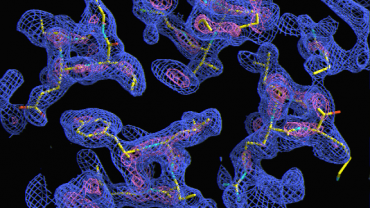
New research just published this week in Applied Physiology Nutrition and Metabolism suggests that the recommendations for protein intake may be incorrect. A growing body of literature suggests that current dietary protein recommendations may not be sufficient to promote optimal muscle health in all populations.
The current recommendations for protein intake are based primarily on the nitrogen balance method of which the limitations are well known. More recent methods for determining protein requirements use stable isotope-based techniques and suggest that the current recommendations are underestimated. A protein intake higher than what is currently recommended has been widely endorsed by many experts. There is evidence that consuming a moderate amount of high-quality protein (25-35 grams) during each meal stimulates muscle protein synthesis promotes muscle health and plays a critical role in preserving lean body mass as we age. In addition consuming moderate amounts of high-quality protein at each meal promotes weight loss in overweight and obese individuals.
Protein is an essential component of a healthy diet. Every cell in the body contains protein. What is important to keep in mind is it is not only how much protein you eat but the type of protein that is important.
Some healthy sources of protein include:
Most protein-containing foods are also great sources of vitamins and minerals. Choosing quality types of protein will lead to an overall healthy diet. This new research suggests that including a moderate amount of high-quality protein at each meal is an effective strategy for optimizing muscle protein synthesis and preserving lean muscle mass. It is important that individuals and practitioners are aware of these advances in dietary protein research that aid in making healthy dietary choices.
Protein continues to be the right choice for weight loss. Combining healthy protein choices with exercise is essential in helping to control the obesity epidemic. Consuming adequate protein (while maintaining a caloric intake within a healthy range) has been shown to preserve muscle mass without gain in fat mass.
Protein is a nutrient deserving of focus and the most promising nutrient to help preserve lean body mass. Lack of protein can cause loss of muscle mass decreased immunity and weakening of the heart and respiratory system. There is a growing body of evidence showing that high-protein food choices do play an essential role in health helping to lower the risk of several diseases and premature death.